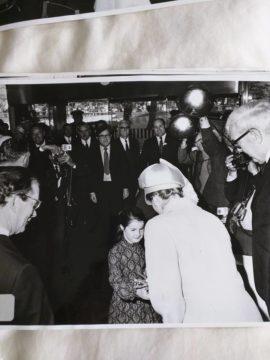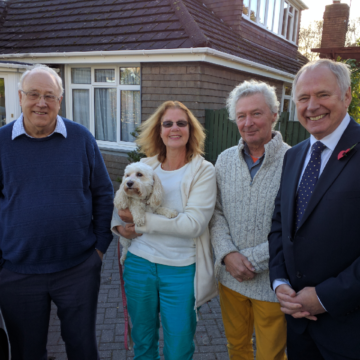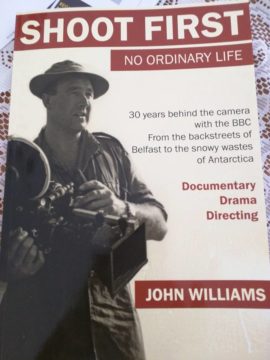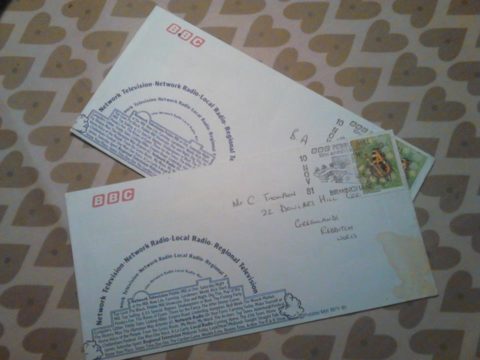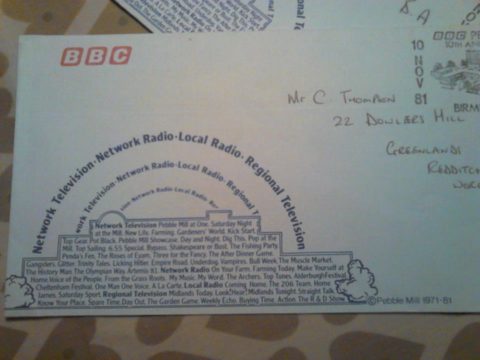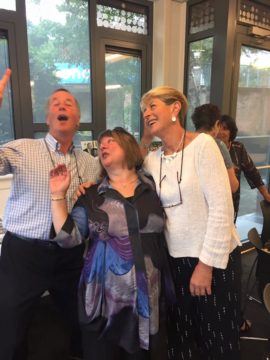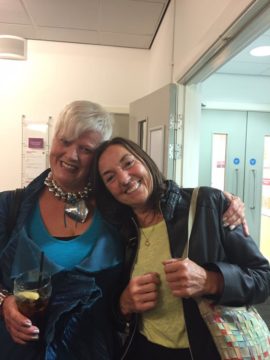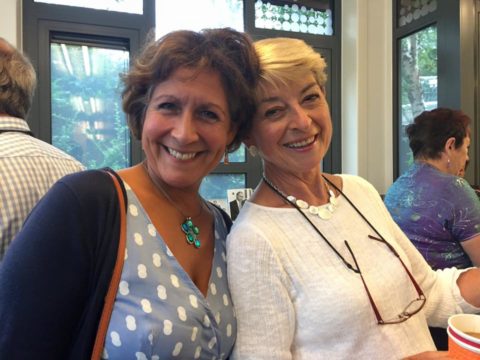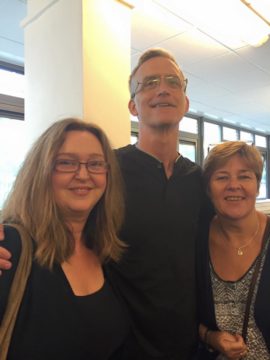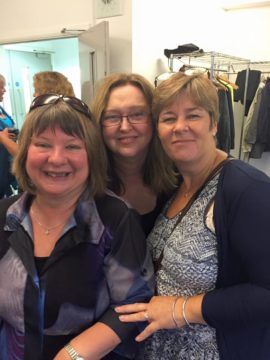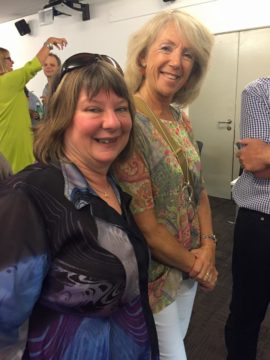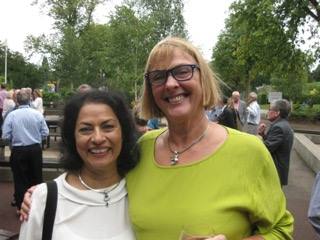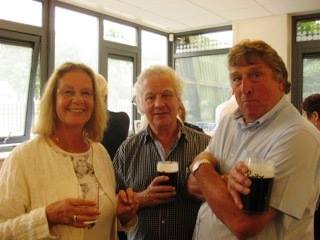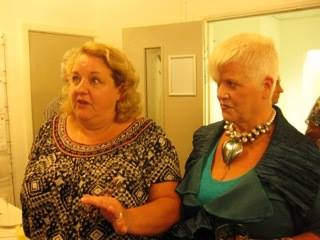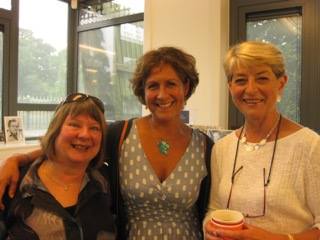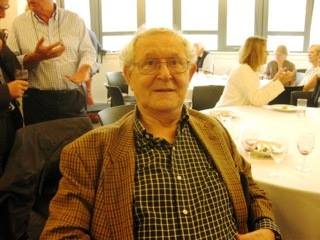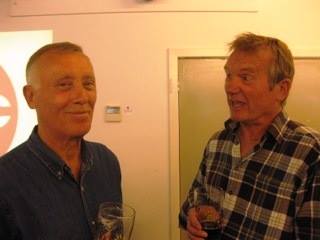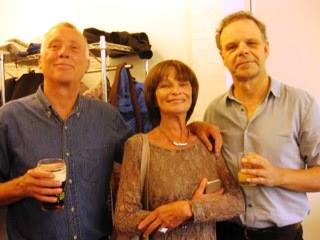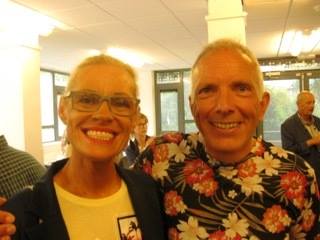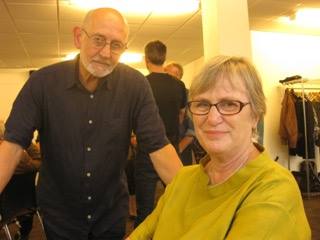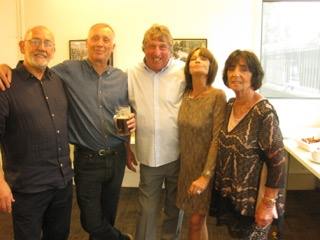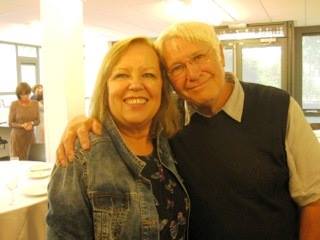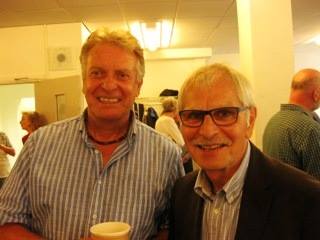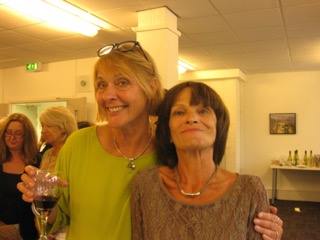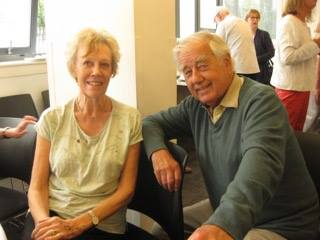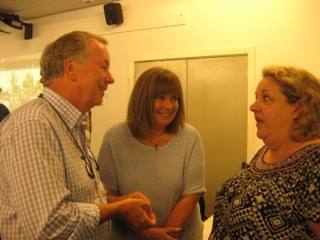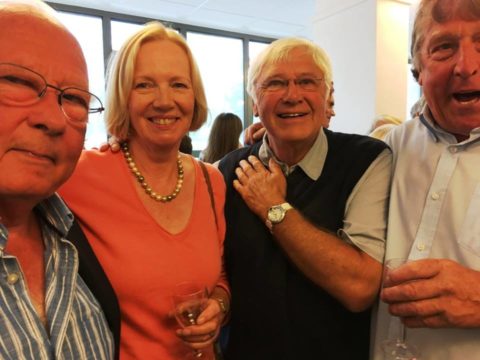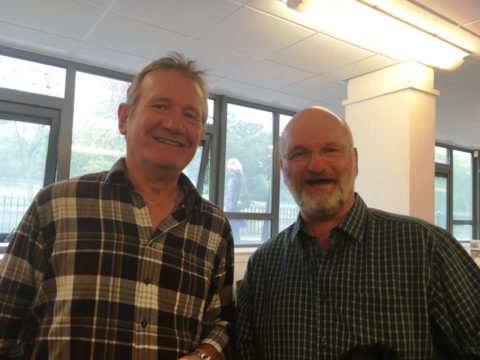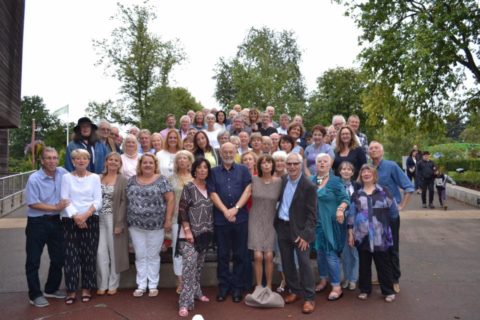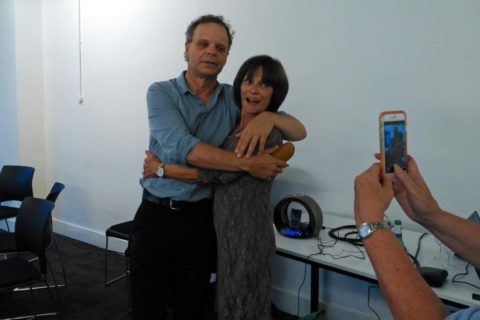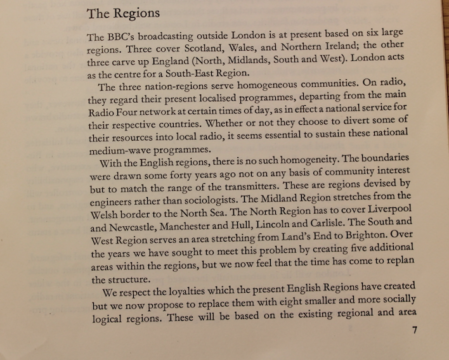
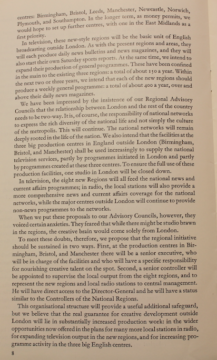
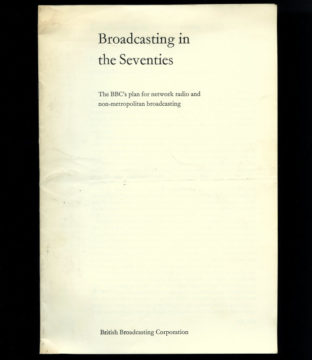
Copyright resides with the original holder, no reproduction without permission
(Broadcasting in the Seventies was a BBC policy document, which set out how the structure of the BBC could be updated to respond to audience needs, particularly around local radio provision, as well as television production and broadcasting in the regions. It preluded much of the production in both radio and television at Pebble Mill).
Transcript from the Broadcasting in the Seventies booklet
The Regions
The BBC’s broadcasting outside London is at present based on six large regions. Three cover Scotland, Wales, and Northern Ireland; the other three carve up England (North, Midlands, South and West). London acts as the centre for a South-East Region.
The three nations-regions serve homogeneous communities. On radio, they regard their present localised programmes, departing from the main Radio Four network at certain times of day, as in effect a national service for their respective countries. Whether or not they choose to divert some of their resources into local radio, it seems essential to sustain these national medium-wave programmes.
With the English regions, there is no such homogeneity. The boundaries were drawn some forty years ago not on any basis of community interest but to match the range of the transmitters. These are regions devised by engineers rather than sociologists. The Midland Region stretches from the Welsh border to the North Sea. The North Region has to cover Liverpool and Newcastle, Manchester and Hull, Lincoln and Carlisle. The South and West Region serves an area stretching from Land’s End to Brighton. Over the years we have sought to meet this problem by creating five additional areas within the regions, but we now feel that the time has come to replan the structure.
We respect the loyalties which the present English Regions have created but we now propose to replace them with eight smaller and more socially logical regions. These will be based on the existing regional and area centres: Birmingham, Bristol, Leeds, Manchester, Newcastle, Norwich, Plymouth, and Southampton. In the longer term, as money permits, we would hope to set up further centres, with one in the East Midlands as a first priority.
In television, these new-style regions will be the basic unit of English broadcasting outside London. As with the present regions and areas, they will each produce daily news bulletins and new magazines, and they will also start their own Saturday sports reports. At the same time, we intend to expand their production of general programmes. These have been confined in the main to the existing three regions: a total of about 150 a year. Within the next two or three years, we intend that each of the new regions should produce a weekly general programme: a total of about 400 a year, over and above their daily news magazines.
We have been impressed by the insistence of our Regional Advisory Councils that the relationship between London and the rest of the country needs to be two-way. It is, of course, the responsibility of national networks to express the rich diversity of the national life and not simply the culture of the metropolis. This will continue. The national networks will remain deeply rooted in the life of the nation. We also intend that the facilities at the three big production centres in England outside London (Birmingham, Bristol and Manchester) shall be used increasingly to supply the national television services, partly by programmes initiated in London and partly by programmes created at these three centres. To ensure the full use of these production facilities, one studio in London will be closed down.
In television, the eight new Regions will all feed the national news and current affairs programmes; in radio, the local stations will also provide a more comprehensive news and current affairs coverage for the national networks, whilst the major centres outside London will continue to provide non-news programmes to the networks.
When we put these proposals to our Advisory Councils, however, they voiced certain anxieties. They feared that while there might be studio brawn in the regions, the creative brain would come solely from London.
To meet these doubts, therefore, we propose that the regional initiative should be sustained in two ways. First, at the production centres in Birmingham, Bristol, and Manchester there will be a senior executive, who will be in charge of the facilities and who will have a specific responsibility for nourishing creative talent on the spot. Second, a senior controller will be appointed to supervise the local output from the eight regions, and to represent the new regions and local radio stations to central management. He will have direct access to the Director-General and he will have a status similar to the Controllers of the National Regions.
This organisational structure will provide a useful additional safeguard, but we believe that the real guarantee for creative development outside London will lie in substantially increased production work: in the wide opportunities now offered in the plans for many more local stations in radio, for expanding television output in the new regions, and for increasing programme activity in the three big English centres.
Save
Save
Save
Save
Save
